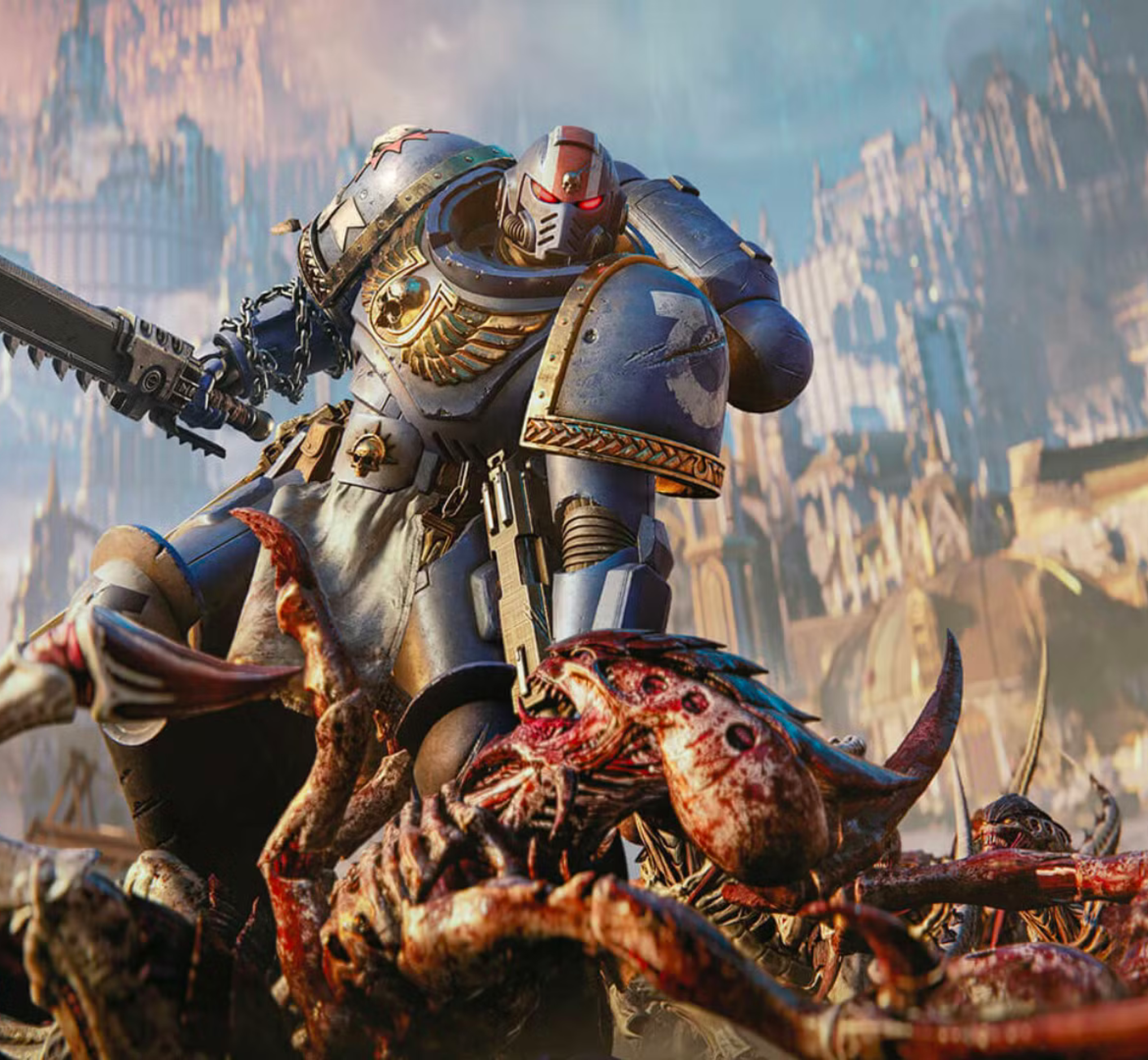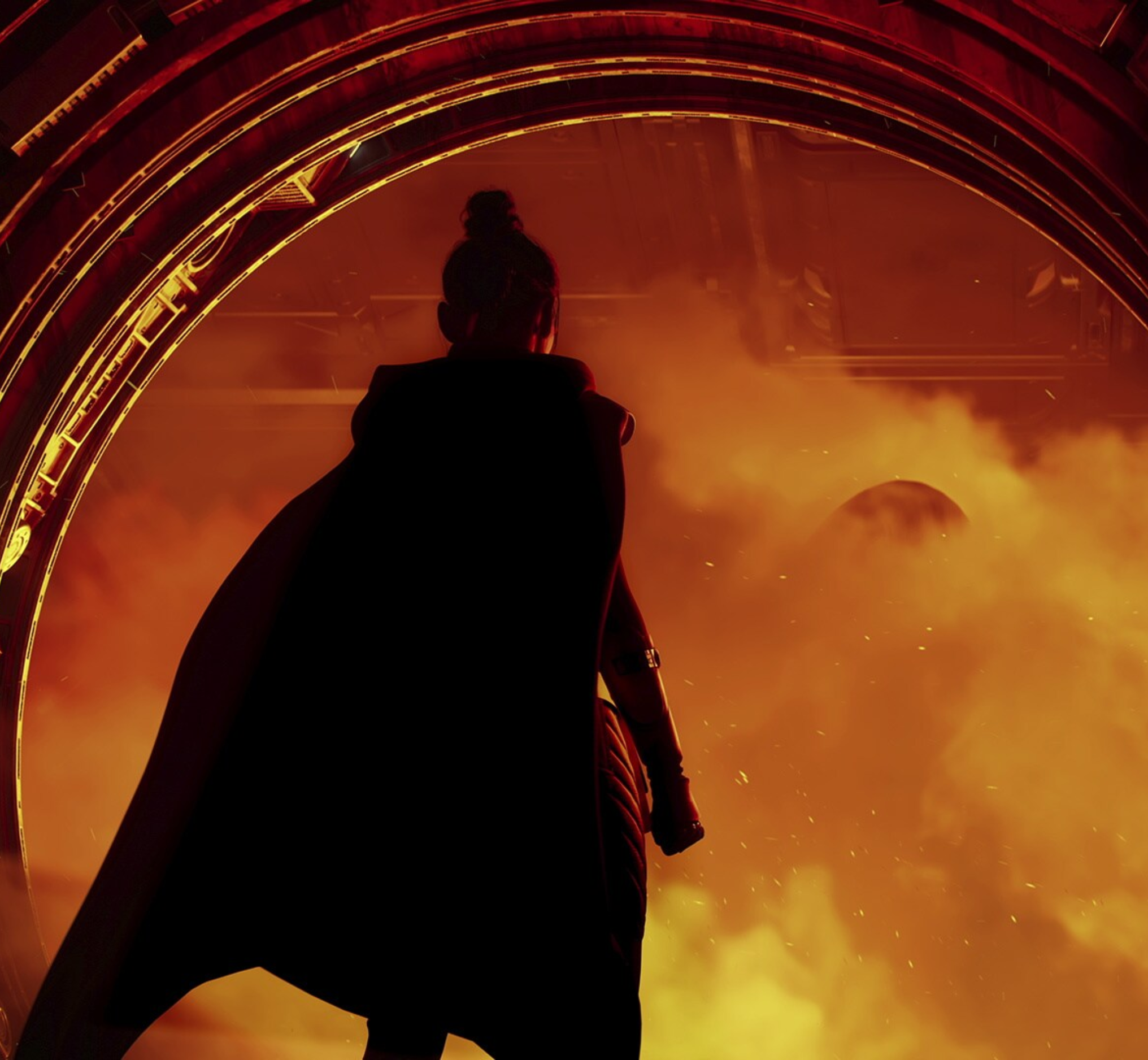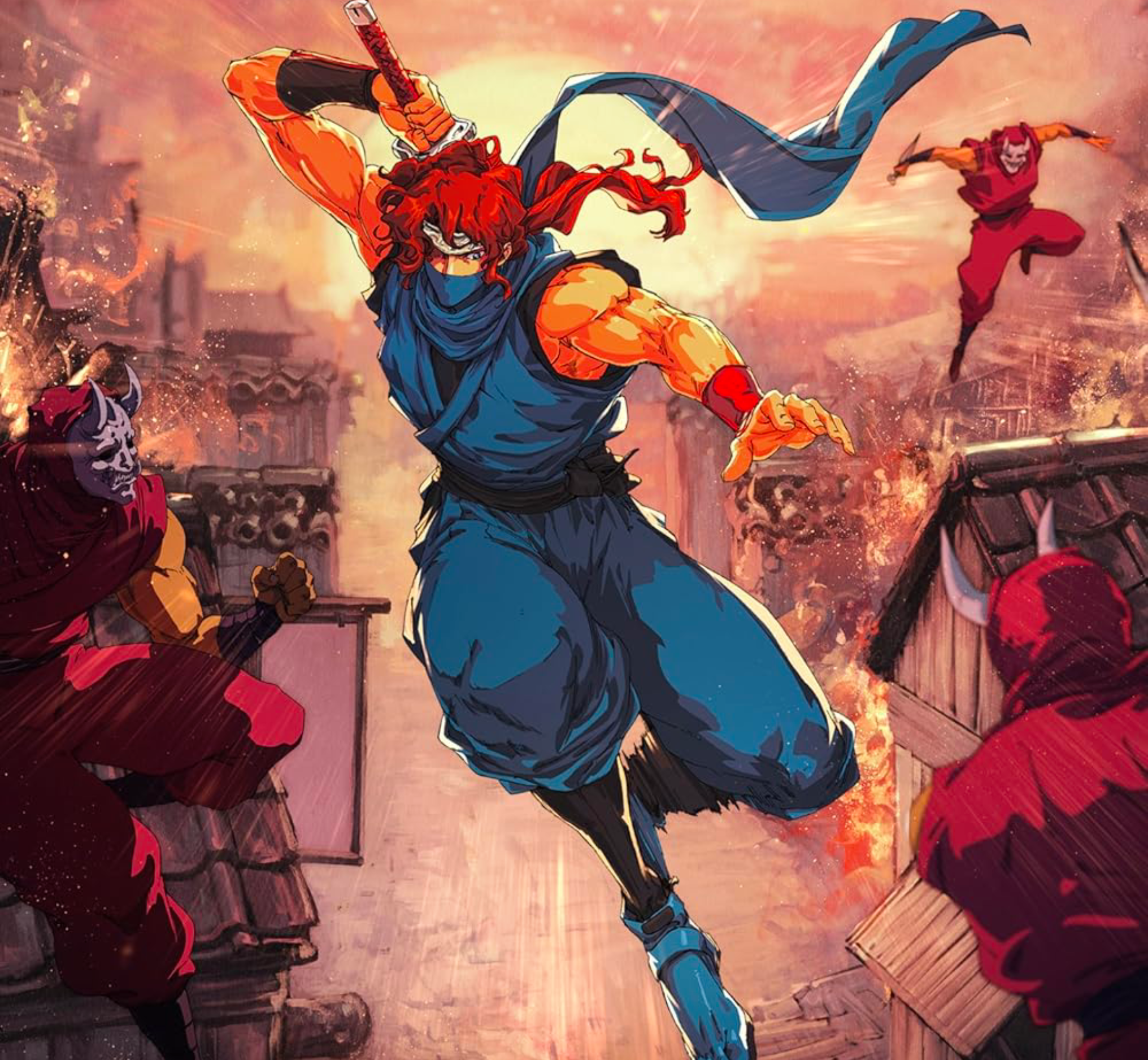In a striking demonstration of the power of successful video game adaptations of tabletop intellectual property, the release of Warhammer 40,000: Space Marine 2 has coincided with a remarkable 30% increase in annual profits for industry heavyweight Games Workshop. The performance of the video game title is seen as a pivotal driver behind the company’s latest financial success.
The Impact of a Strong Adaptation
Warhammer video games are notoriously difficult to execute well, but Space Marine 2 seems to have struck exactly the right balance of signature grimdark lore, visceral combat, and Polish. As a direct sequel to the cult hit Space Marine (2011), it picks up where the original left off—delivering hyper-detailed Spartan armor, interstellar warfare, and violent terminator punchouts that resonate with hard-core fans and newcomers alike.
Players and critics alike praised the game’s production values, faithful interpretation of the tabletop universe, and a fine-tuned blend of single-player narrative storytelling and competitive multiplayer. This fan-forward approach appears to have paid off—not only through strong disc and digital sales but also in boosting brand visibility, hobby sales, and merchandise lines.
Financial Kickback
Space Marine 2 launched as the centerpiece of Games Workshop’s latest financial period. The gaming arm fueled renewed interest in figurine sales, book tie-ins, and digital license revenue, yielding higher-than-expected returns across product categories. Games Workshop’s report attributed nearly one-third of its profit surge to success in digital media, signaling a clear shift in the company’s revenue strategy.
This 30% profit increase outpaced investor forecasts and opened conversations about expanding the company’s licensing cross over into other franchises and potential sequels. Stock performance responded favorably, drawing attention from global investors eager to capitalize on the synergy between tabletop gameplay and blockbuster video game experiences.
Video Games as the New Growth Engine
Industry analysts are pointing to Space Marine 2 as a cornerstone moment in modern tabletop-to-AAA gaming adaptation—showing how faithful storytelling and attention to legacy audience expectations can elevate a license to mainstream success. It joins other high-profile IP adaptations like The Witcher and Dune, but stands out for its unapologetically action-intensive and character-forward arcade gameplay reminiscent of arcade shooters and golden-era console classics.
Within Games Workshop, internal discussions now highlight video games as essential brand halo content—tools to lift hobby engagement, expand the overall narrative universe, and strategically position Synergies with physical product launches.
What’s Next for the Franchise
Buoyed by the game’s success, Games Workshop has confirmed future projects in development under its digital licensing strategy. Reports suggest at least two additional titles in pre-production, including an upcoming spin-off focused on Chaos Space Marines, and a more narrative-driven RPG set on the twist worlds of Necromunda or slaanesh-worshipping domains.
The company is also negotiating new partnerships with prominent studios for mobile releases, co-op titles, and possible integration into live-service ecosystems. All of this indicates a growing appetite for high-fidelity Warhammer experiences across gaming platforms.
Final Thoughts
Warhammer 40,000: Space Marine 2 has proven its worth not just as an entertainment hit, but as a driving force behind Games Workshop’s strongest financial year in recent memory. It demonstrates how smart licensing and polished execution in video gaming can amplify a legacy brand beyond its traditional market. With further expansions and digital initiatives in development, the company appears poised to deepen the bond between miniature war games and immersive digital storytelling in the years ahead.



